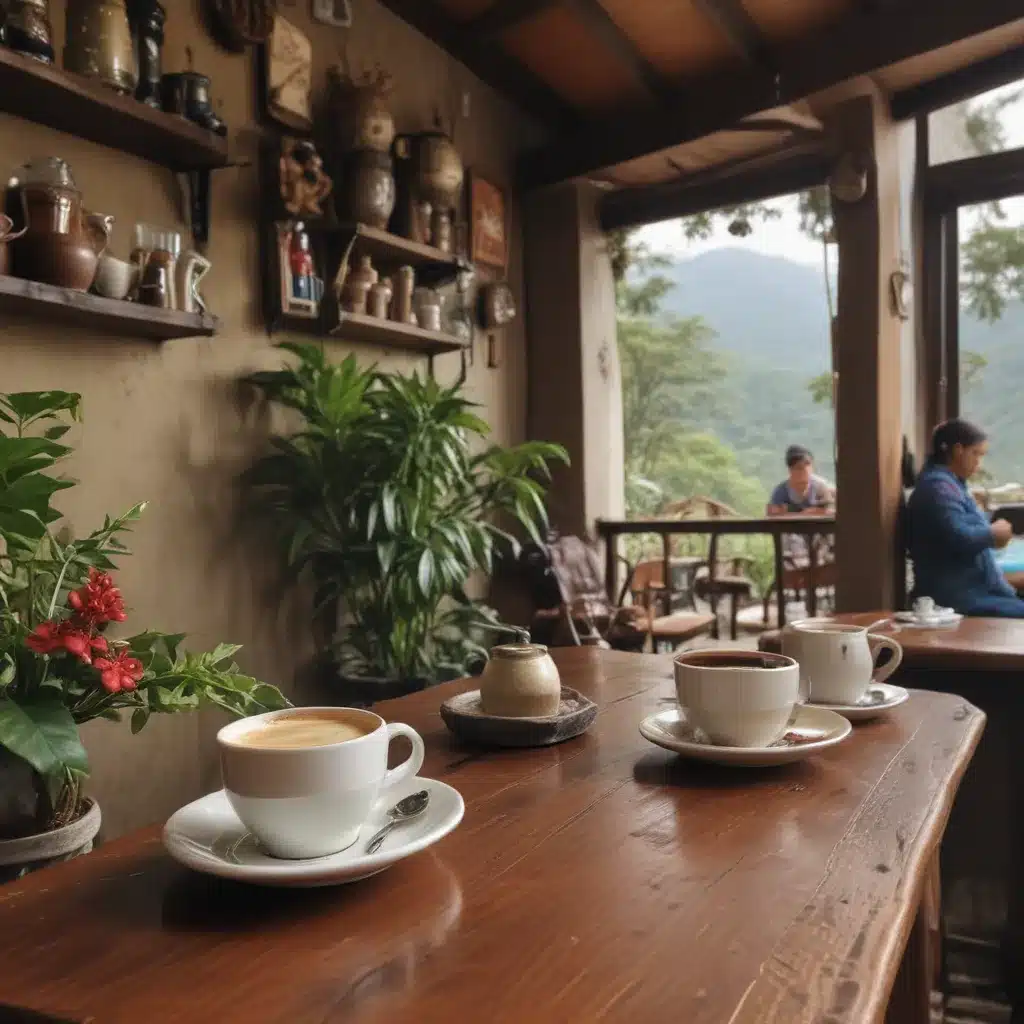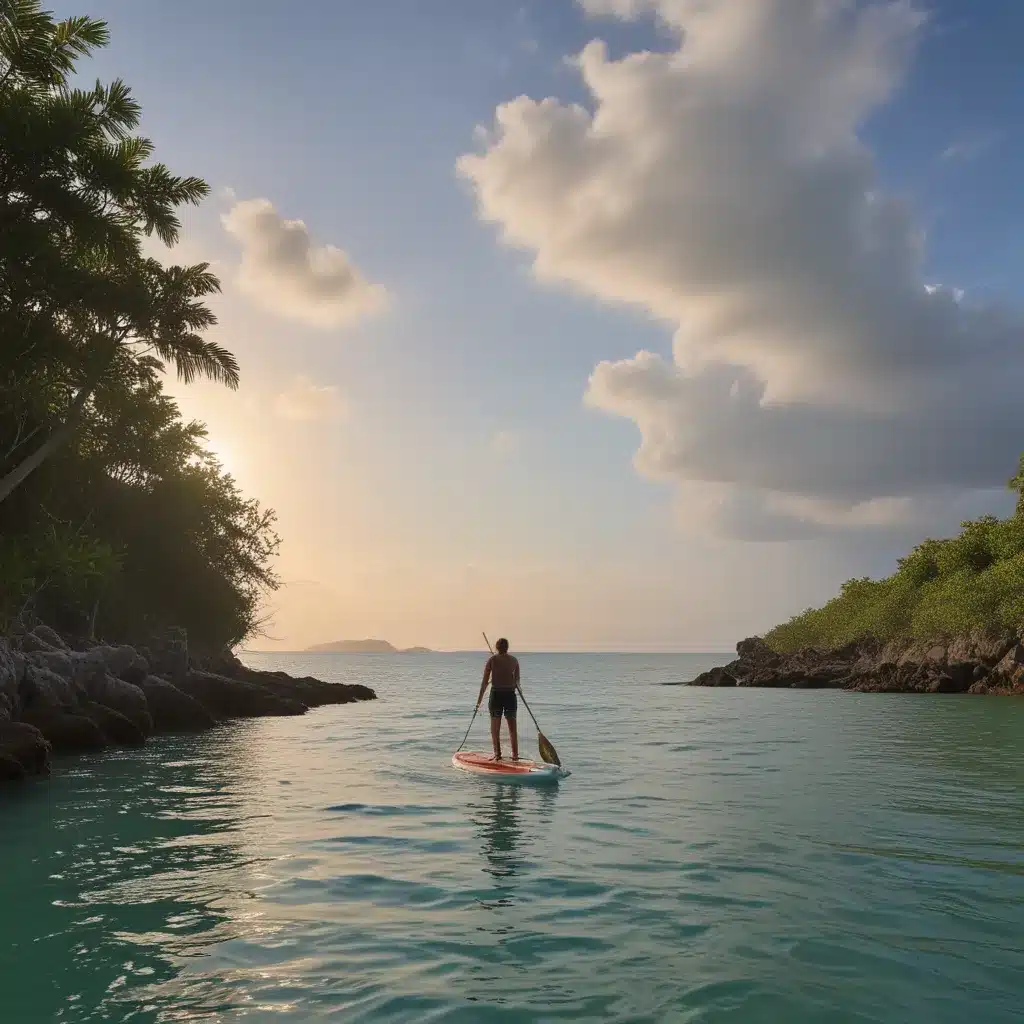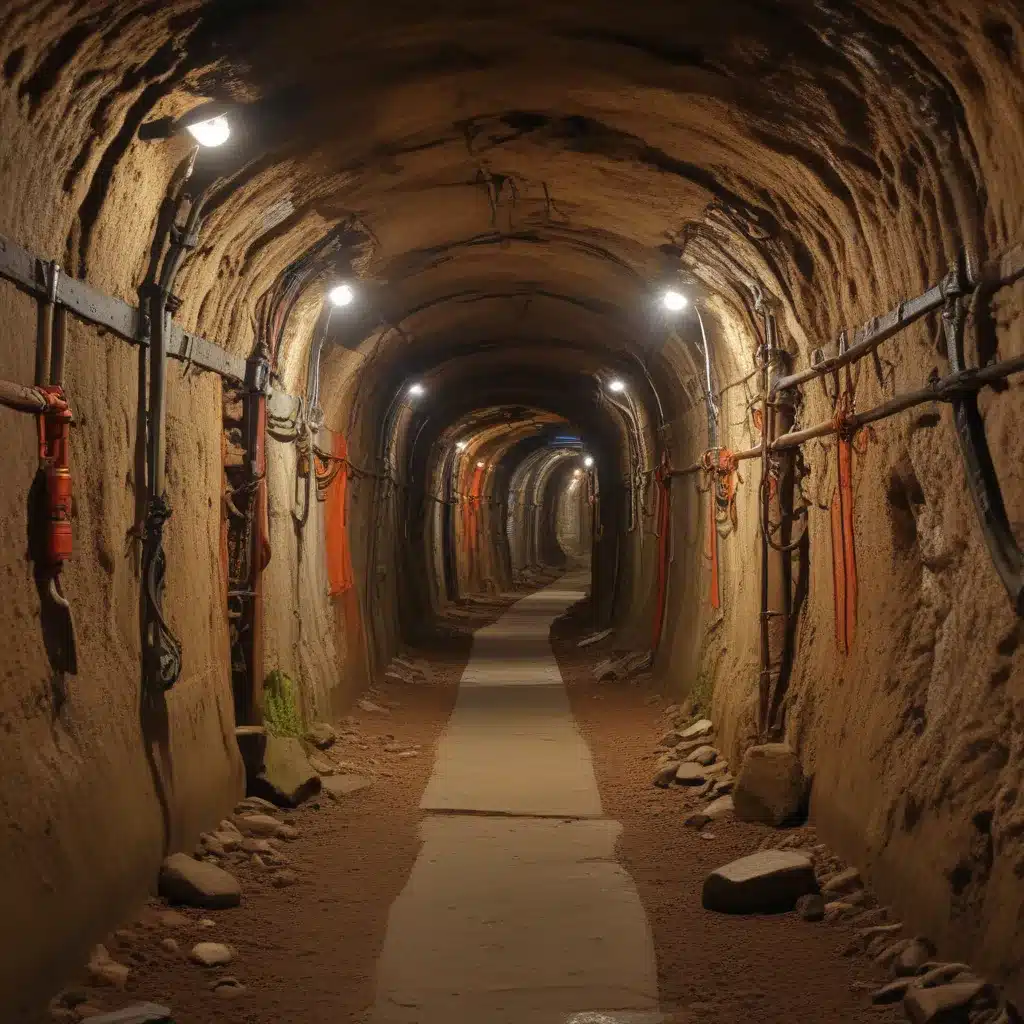
The Winding Road to Brewing Bliss
I can still vividly recall the first time I set foot in the Cordillera highlands of the Philippines. As our car snaked its way up the narrow, twisting mountain roads, I was mesmerized by the breathtaking vistas that unfolded before my eyes. Verdant, undulating hills gave way to rugged, jagged peaks, and the crisp, cool air carried the scent of pine and earth. But what truly captured my senses was the aroma of freshly brewed coffee, wafting from the charming little roadside cafes that dotted the landscape.
You see, the Cordillera region is renowned for its unique and vibrant café culture, a tapestry of traditions, flavors, and stories that have been carefully woven over generations. And at the heart of this captivating scene lies the humble, yet extraordinary, cup of coffee.
Elevating the Art of Coffee
As I ventured deeper into the Cordillera, I discovered that the art of coffee-making here is nothing short of a sacred craft. The local baristas, many of whom come from indigenous communities, possess a profound understanding of the nuances of coffee cultivation, roasting, and brewing. They approach their work with a reverence and attention to detail that is truly awe-inspiring.
I remember stumbling upon a tiny, family-run cafe nestled in the quaint village of Sagada. The owner, a wizened old man with a twinkle in his eye, welcomed me in and insisted that I try his signature brew. “This coffee,” he said, “is the result of generations of careful tending to our high-altitude arabica plants, and meticulous roasting techniques passed down through the ages.” As I took my first sip, the complexity and depth of flavors unfolded on my tongue, leaving me utterly transfixed.
What sets the Cordillera coffee culture apart is the deep connection between the people, the land, and the final product. Each cup is a reflection of the region’s unique terroir, the hard work and expertise of the growers and roasters, and the rich cultural heritage that has shaped this enduring tradition.
Exploring the Cordillera Café Circuit
To truly immerse myself in the Cordillera café culture, I decided to embark on a culinary adventure, exploring the many charming cafes that dot the region. My journey took me to bustling hubs like Baguio, where I discovered trendy, third-wave coffee shops serving up innovative brew methods and creative flavor profiles. But I was equally enamored by the more traditional, rustic cafes tucked away in the smaller mountain towns, where the focus was on preserving age-old techniques and celebrating the inherent flavors of the beans.
One highlight of my trip was a visit to a cooperative farm in Benguet, where I had the privilege of witnessing the entire coffee-making process, from harvesting the ripe cherries to roasting and brewing the final product. The farmers, who belonged to the indigenous Igorot community, shared their deep reverence for the land and their unwavering dedication to producing the finest coffee imaginable.
As I sipped my cup of freshly brewed coffee, surrounded by the lush, rolling hills and the warm, welcoming smiles of the farmers, I felt a profound sense of connection to the land and its people. It was in that moment that I truly understood the depth and richness of the Cordillera café culture – a tapestry of flavors, traditions, and human stories that have been carefully woven over generations.
Savoring the Flavors of the Highlands
The coffee of the Cordillera is truly a study in contrasts. The high-altitude arabica beans cultivated in the region produce a remarkably complex and nuanced flavor profile, with notes ranging from bright, citrusy acidity to rich, chocolatey undertones. And the diverse brewing methods employed by the local baristas – from traditional manual drip to modern pour-over techniques – further enhance the unique character of each cup.
But the Cordillera café experience is not just about the coffee itself. It’s about the entire sensory journey – the aromas that transport you to another time and place, the cozy ambiance of the cafes, and the warm hospitality of the people who pour their hearts into every cup.
One of my most memorable encounters was in the charming town of Sagada, where I stumbled upon a cafe that specialized in traditional Filipino coffee drinks. As I sipped on a frothy, sweetened barako brew, I couldn’t help but marvel at the intricate dance of flavors – the robust, earthy notes of the coffee perfectly balanced by the delicate sweetness of the muscovado sugar. It was a revelation, a true celebration of the region’s rich culinary heritage.
Connecting with the Land and its People
But the Cordillera café culture is not just about the coffee – it’s also about the deep connection between the people, the land, and the traditions that have sustained this vibrant community for generations. As I ventured beyond the cafes and into the heart of the Cordillera, I had the privilege of meeting the farmers, the roasters, and the artisans who are the true custodians of this remarkable legacy.
One such encounter was with a group of indigenous Kalinga weavers, who invited me to their remote village to witness the ancient art of creating the region’s iconic, hand-woven textiles. As I watched the skilled hands of the weavers, their fingers deftly guiding the intricate patterns to life, I couldn’t help but draw a parallel to the meticulous craft of coffee-making. Both endeavors were rooted in a deep reverence for the land, a respect for tradition, and a commitment to preserving the unique cultural identity of the Cordillera.
Throughout my journey, I was struck by the unwavering resilience and pride of the Cordillera people. They have weathered countless challenges, from economic upheaval to the encroachment of globalization, yet they have steadfastly held on to the traditions and values that define their way of life. And it is this spirit of resilience, coupled with a profound sense of place, that truly sets the Cordillera café culture apart.
Brewing a Sustainable Future
As I reluctantly bid farewell to the Cordillera highlands and the charming cafes that had captured my heart, I couldn’t help but ponder the future of this remarkable coffee culture. In a world that is increasingly homogenized and fast-paced, the Cordillera region stands as a bastion of authenticity, a place where the slow, artisanal craft of coffee-making still thrives.
Yet, I also recognize the very real challenges that the Cordillera coffee growers and roasters face – from the impacts of climate change to the economic pressures of a globalized market. It is a delicate balance, preserving the rich traditions of the past while adapting to the realities of the present.
But I have hope, for I have seen the passion and resilience of the Cordillera people. They are fiercely committed to safeguarding their cultural heritage, while also embracing innovative, sustainable practices that will ensure the longevity of their beloved coffee industry.
Perhaps, in a world that often moves at a breakneck pace, the Cordillera café culture can serve as a gentle reminder to slow down, to savor the moment, and to appreciate the intricate craftsmanship that goes into every cup. Because in the end, a truly remarkable cup of coffee is not just about the flavors – it’s about the stories, the connections, and the shared humanity that it represents.
And so, I invite you to join me on a journey to the Cordillera highlands, to immerse yourself in the rich tapestry of the café culture, and to discover the enchanting world of coffee in the Philippines. Who knows, you might just find yourself transported to a realm where time stands still, and the simple pleasure of a well-crafted brew becomes a profound and transformative experience.
Visit Philippine Getaway to plan your adventure in the Cordillera highlands and explore the vibrant café culture that awaits.


